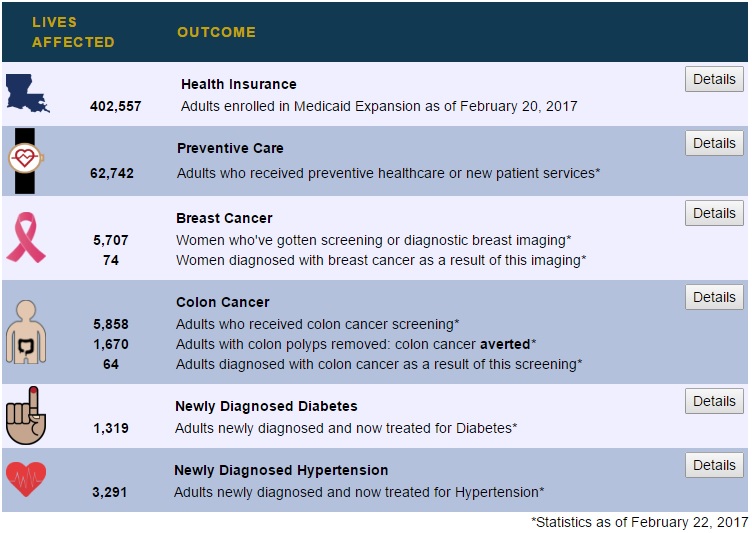 We now take a break from discussion of the Trump transition (to which we will surely return), to bring up a very delicate subject: How to ensure severely disabled patients do not become victims.
We now take a break from discussion of the Trump transition (to which we will surely return), to bring up a very delicate subject: How to ensure severely disabled patients do not become victims.
What politician could ignore the pleas of families caring for disabled members, asking for some help with the burden they carry? Unfortunately, government funding this type of personal care cannot deter significant unintended consequences.
The Office of Management and Budget (OMB) has designated 16 programs as “high error” which means money goes offside due to fraud, waste, and abuse. Medicaid, the joint state-federal program that subsidizes medical services for low-income people, ranks highly on the list. $29.1 billion, or almost ten percent of the $297.7 billion federal contribution is considered by the U.S. government to be paid “improperly.”
The Department of Justice under President Obama has had significant success tracking down and charging those who bill Medicaid and Medicare falsely. However, there is an even worse type of abuse happening in Medicaid: Actual physical abuse of the most vulnerable patients in the system. This often goes hand-in-hand with financial fraud in the area of personal-care services.
Read More » »
 Many people believe Obamacare was a conspiracy, with asinine design features intended to cause the program to fail. The primary goal in the minds of conspiracy buffs’ was to usher in a single-payer program of Medicare for All once Obamacare collapsed under adverse selection. The theory goes something like this: with nowhere to turn except the government, Americans would finally throw up their hands and acquiesce to government intervention. Seniors purportedly all love their Medicare, so why not expand the program to cover even more people?
Many people believe Obamacare was a conspiracy, with asinine design features intended to cause the program to fail. The primary goal in the minds of conspiracy buffs’ was to usher in a single-payer program of Medicare for All once Obamacare collapsed under adverse selection. The theory goes something like this: with nowhere to turn except the government, Americans would finally throw up their hands and acquiesce to government intervention. Seniors purportedly all love their Medicare, so why not expand the program to cover even more people?






